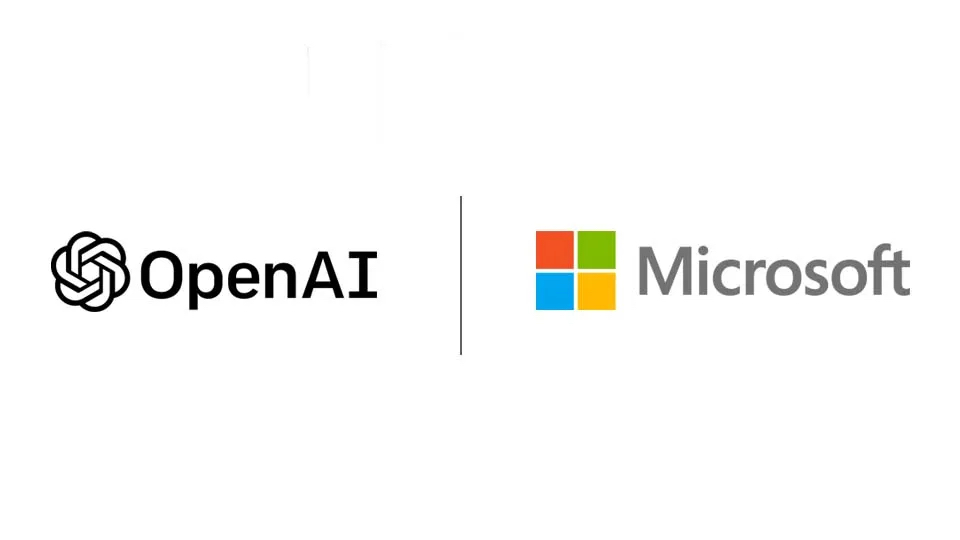OpenAI has signed a non-binding agreement with Microsoft for the next phase of their partnership which will allow OpenAI to transform its for-profit division into a public benefit corporation (PBC).
On Thursday, the two tech giants announced that they had signed a non-binding memorandum of understanding (MOU) outlining plans for the transition and confirming that they are actively working to finalise the contractual terms in a definitive agreement.
OpenAI said the new restructuring will enable its for-profit entity to become a PBC, legally allowing it to prioritise its mission over maximising shareholder profits.
PBCs are required by law to pursue a public benefit in addition to profit, balancing shareholder interests with their stated social missions.
“OpenAI started as a nonprofit, remains one today, and will continue to be one—with the nonprofit holding the authority that guides our future,” OpenAI said.
Under the new agreement, ongoing control of OpenAI’s original non-profit organisation will be tied by a stake in the PBC worth over $100 billion, with the aim of making it one of the world’s most resourceful philanthropic organisations, the companies said.
OpenAI added that the restructuring will enable the company to raise the capital necessary to continue its mission and ensure the growth of its non-profit arm, which will be fuelled by the growth of the new PBC.
As part of this new phase, OpenAI has launched a call for applications for the first tranche of a £50 million grant initiative to support non-profit and community organisations in three areas: AI literacy and public understanding, community innovation, and economic opportunity.
The new agreement strengthens the partnership between the two tech giants, with Microsoft investing £1 billion in OpenAI in 2019 and another £10 billion in early 2023, making it the largest investor in OpenAI to date.
Previous agreements gave Microsoft exclusive rights to sell OpenAI’s software tools through its Azure cloud computing platform and privileged access to the startup’s technology.
Both firms confirmed they are still finalising the contractual terms, and the agreement requires approval from regulators in California and Delaware.
“Together, we remain focused on delivering the best AI tools for everyone, grounded in our shared commitment to safety,” they said in a statement.
In the meantime, both firms continue to strengthen their partnerships with a focus on advancing AI developments.
Earlier this week, OpenAI signed a contract to purchase $300 billion worth of computing capacity from Oracle over roughly five years starting in 2027, according to the Wall Street Journal, which cited people familiar with the matter.
The scale would make it one of the largest cloud agreements on record. Neither company has publicly confirmed the contract.
Microsoft has also recently agreed to lease artificial intelligence computing capacity from Amsterdam-based Nebius in a contract valued at $17.4 billion over five years, with options that could lift the total to about $19.4 billion, according to company statements and filings.
Nebius will supply dedicated access to graphics processing unit infrastructure from a new data centre in Vineland, New Jersey, starting later this year. The tie-up underlines the scramble for high-performance compute as cloud and software groups race to meet demand from model developers and enterprise customers.


